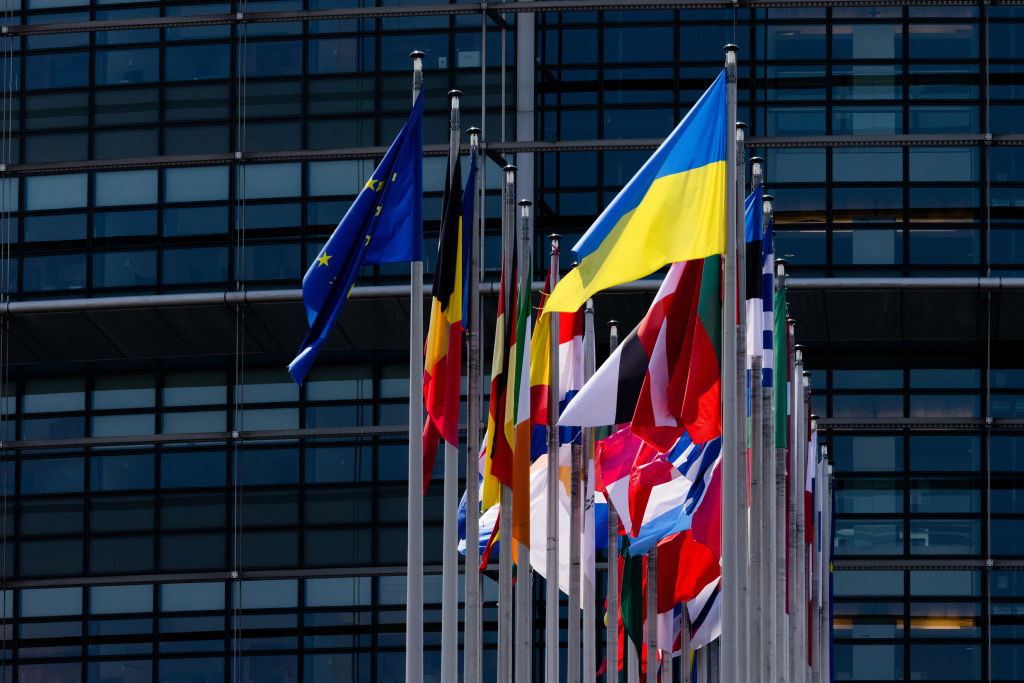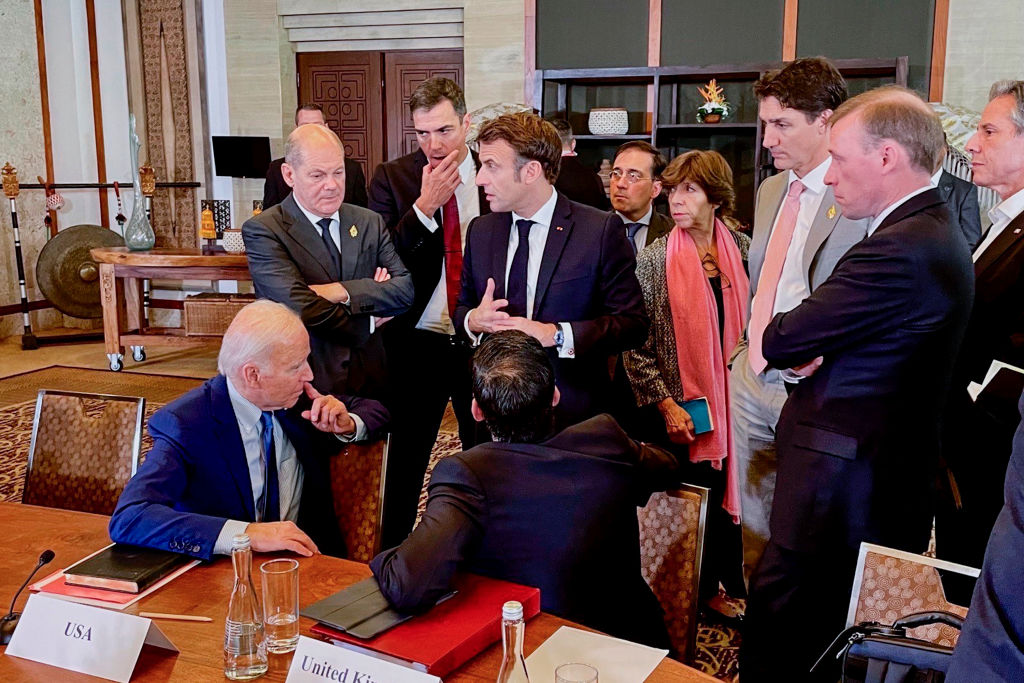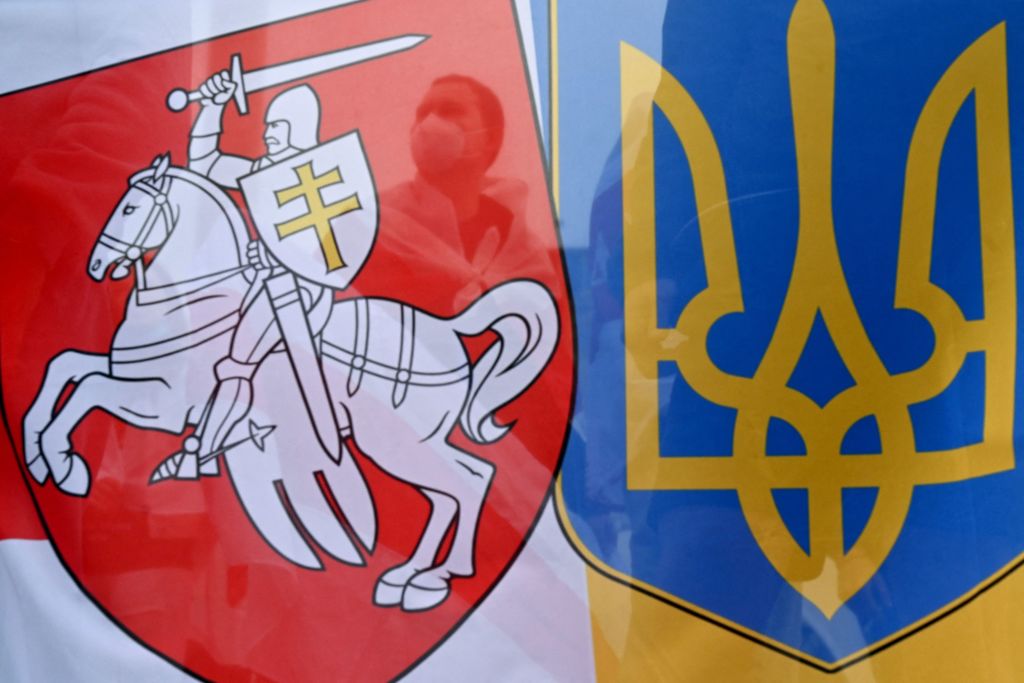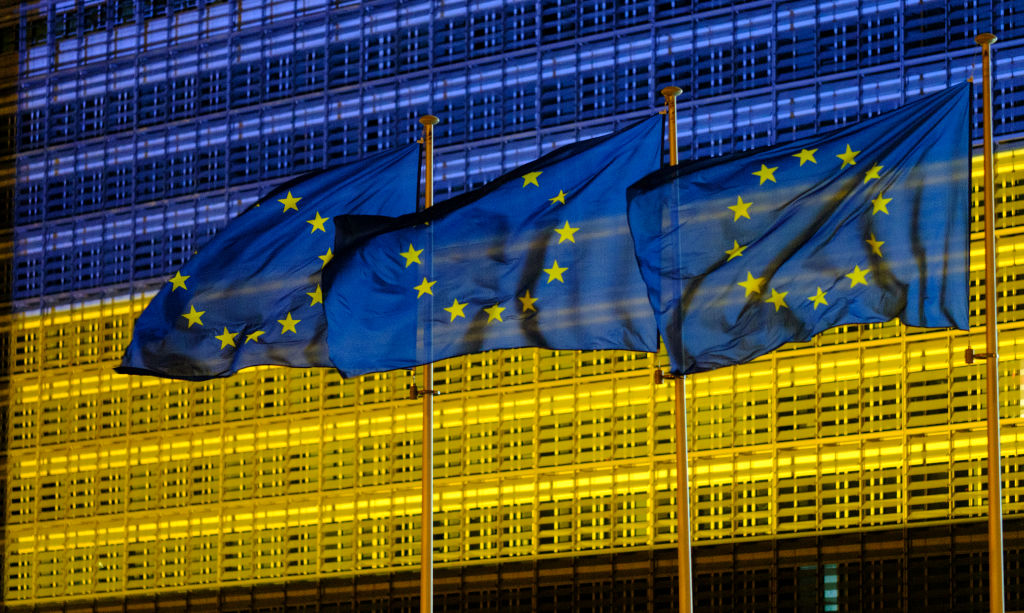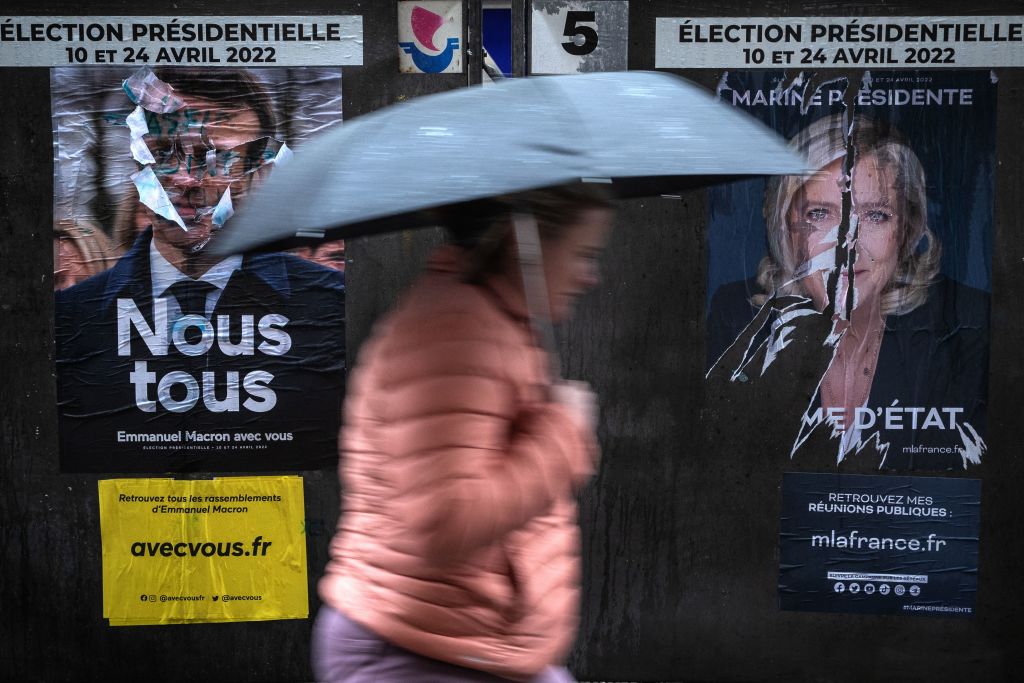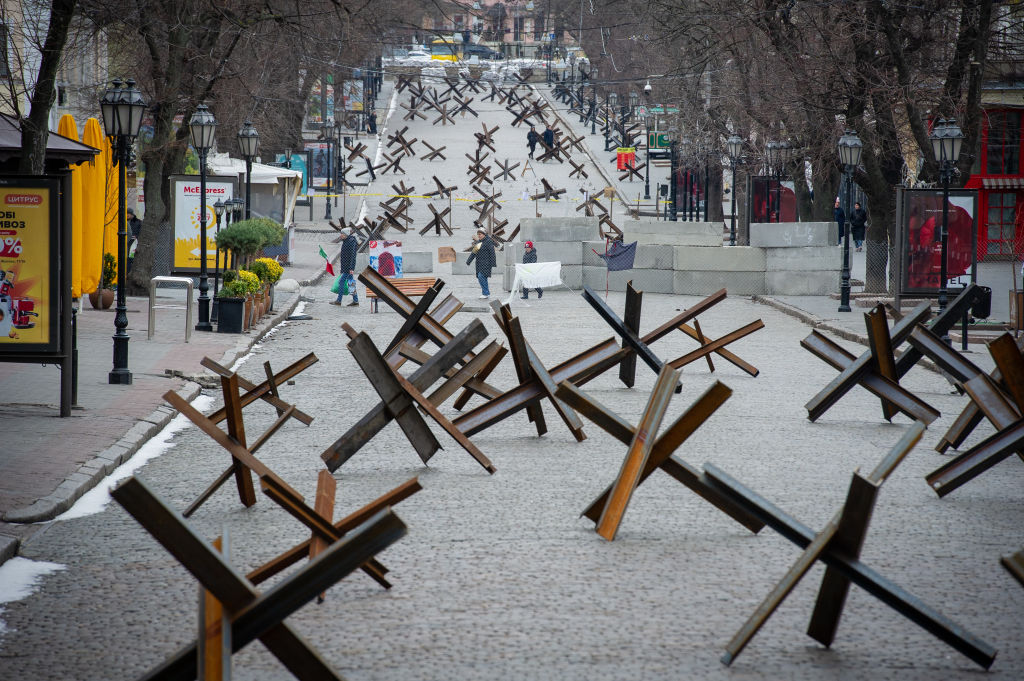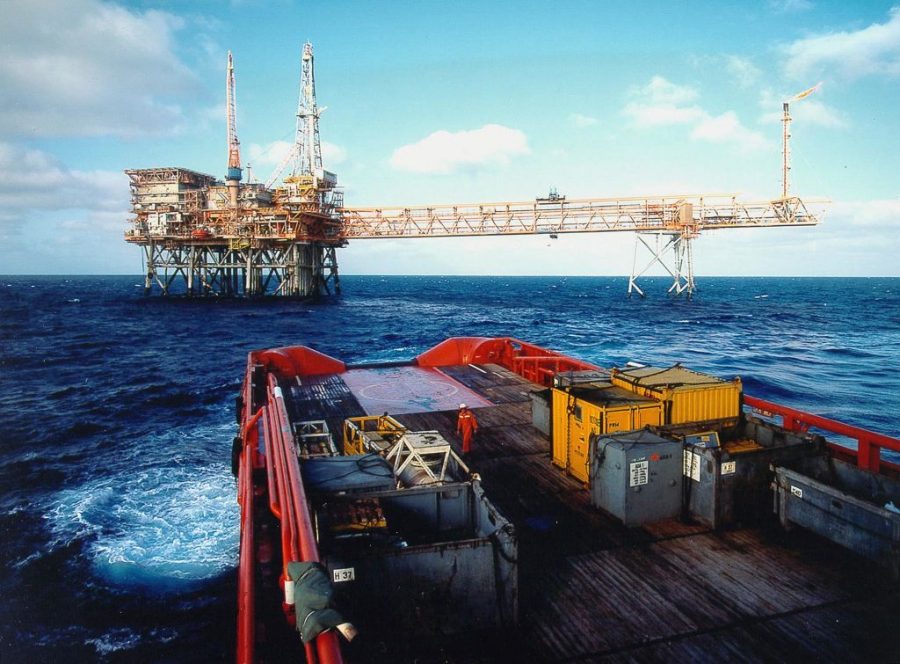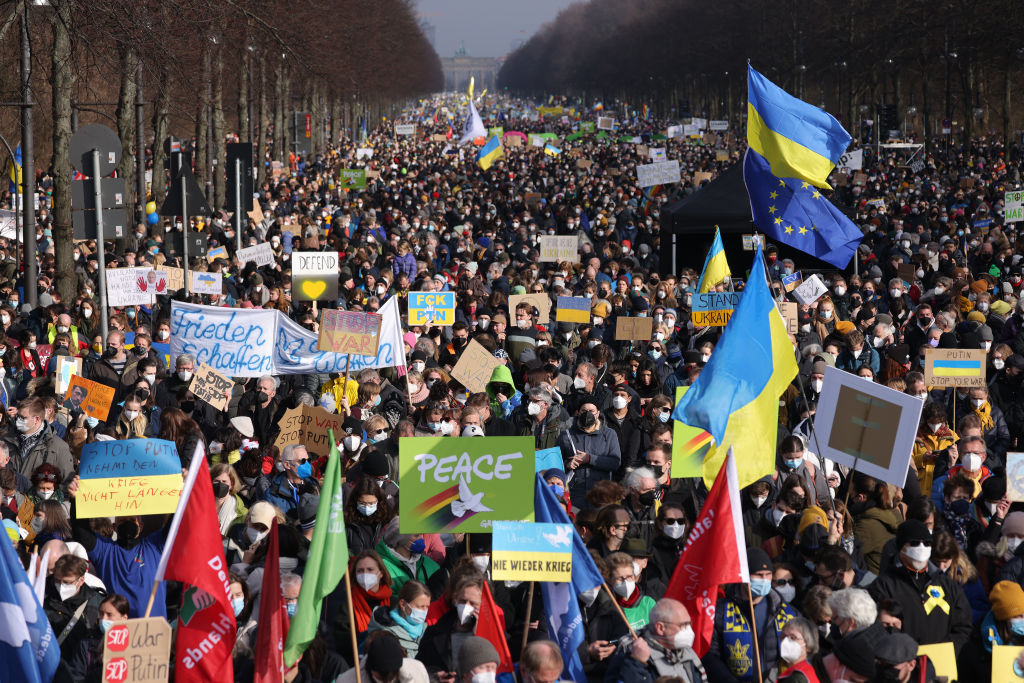The EU is punishing young Hungarians
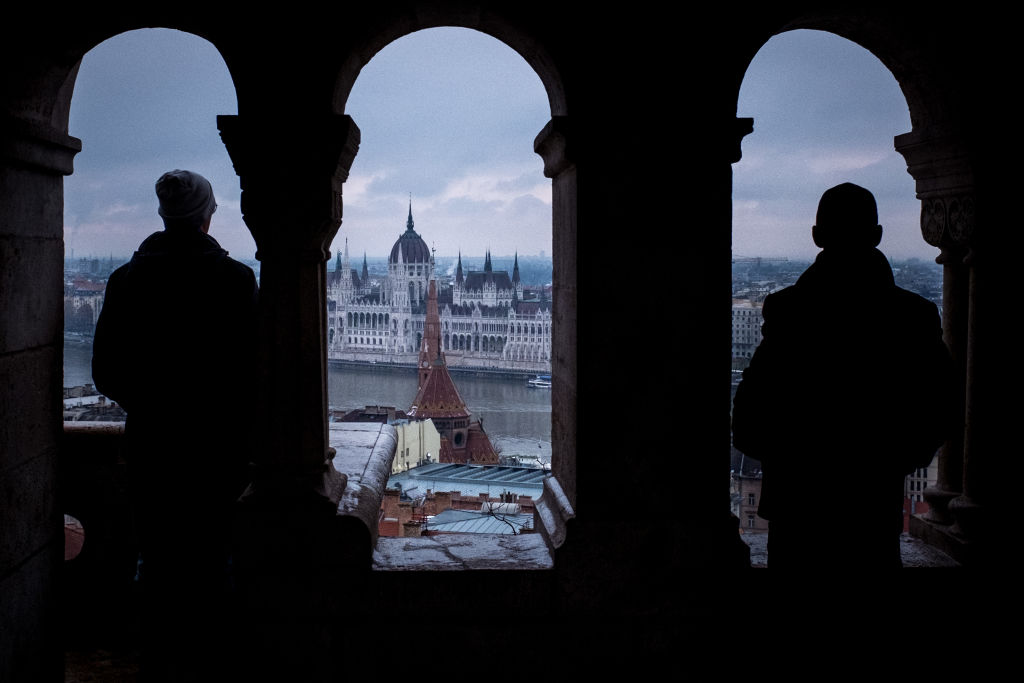
The European Commission has decided to suspend funding to 21 Hungarian universities from its Horizon Europe initiative, which supports cross-border collaboration on research and development, and its Erasmus+ study-abroad program. The aim is to defend the rule of law: the universities in question are run by ‘public trust foundations’, which are not subject to EU public-procurement rules and include individuals with close ties to the government. In fact, it is difficult to imagine a more misguided and counterproductive decision.
To be sure, in the face of possible corruption and conflicts of interest, the European Union has the legal authority and obligation to take appropriate action, including freezing or withdrawing some funds. But cutting Hungarian universities off from Erasmus+ and Horizon Europe funding will do far more harm than good.
Erasmus+ funding enables students to spend time at foreign universities. Over the last three decades, more than 10 million young people—equivalent to the entire population of Hungary—have benefited from Erasmus+ (and its predecessor programs), making it one of Europe’s most powerful instruments for supporting integration. In 2020, more than 22,000 Hungarians participated in Erasmus+ exchanges.
The benefits of Erasmus+ extend far beyond the curriculum. The program enables young people to establish connections and form friendships with their European classmates at a time in their lives when they are developing their worldviews and planning their futures. There is abundant evidence that exposure to foreign cultures makes people—especially the young—more open and tolerant. How does preventing Hungarian students from gaining such exposure support European values like democracy and the rule of law? What good will it do Europe if its young people lack connections to their Hungarian peers?
The Horizon Europe program—which enables researchers from across the EU to work together to drive innovation that serves the public interest—is no different. Its predecessor, Horizon 2020, allocated some €80 billion ($122 billion) to research efforts involving not only EU countries, but also more than a dozen non-EU partners, such as Israel and Turkey. Horizon Europe’s budget is even bigger at €95.5 billion. Mandatory open access to research results amplifies the program’s impact.
Both Erasmus+ and Horizon Europe foster cooperation and bolster integration—the pillars of Europe’s strength and influence. Their beneficiaries are primarily open-minded, pro-European people who generally lack political influence, though some—particularly young people—may go on to challenge governments that are defying European values.
Erasmus+ and Horizon Europe do not benefit power-political players, in Hungary or elsewhere. Erasmus+ offers no major endowments, only individual grants for students. While Horizon Europe provides somewhat higher sums—about €1 million, on average—those grants are issued to teams of about five researchers and disbursed over several years. Billion-euro infrastructure projects may raise significant risks of corruption or conflicts of interest that must be tackled; Erasmus+ and Horizon Europe do not.
Some Hungarian institutions, such as Corvinus University of Budapest (of which one of the authors is rector), have instituted competitive procurement rules to ensure good governance. From 2014 to 2020, Corvinus won €3.6 million in Horizon 2020 research funding for 11 projects. Before the suspension decision, Corvinus had won €4 million in Horizon Europe funding in 2022 alone. Blocking further contributions from the university is clearly counterproductive.
After the United Kingdom voted to leave the EU, it was excluded from Erasmus+ and Horizon 2020. But that decision was made by the British—and lamented by EU leaders. And the decision was soon partly reversed. Recognising the folly of cutting research ties to the EU, the UK negotiated access to Horizon Europe in late 2020.
Now, the EU is taking the lead in excluding partners from these critical programs, which support not only learning and innovation, but also the sharing of values and culture—the building blocks of a successful, unified Europe. In its bid to look like it is strengthening the EU, the European Commission is doing the opposite.
The EU should stand up to those who are destabilising it, but Erasmus+ students and Horizon Europe researchers are not those people. To punish them for the actions of their country’s leaders is to punish Europe itself. That is why the European Commission must urgently reverse its decision to halt funding to Hungarian institutions and reinstate all Hungarian students and researchers in EU programs.
Young people are our best hope for a better future. We should be giving them every opportunity to learn, grow and connect, not cutting them off from their own future.

